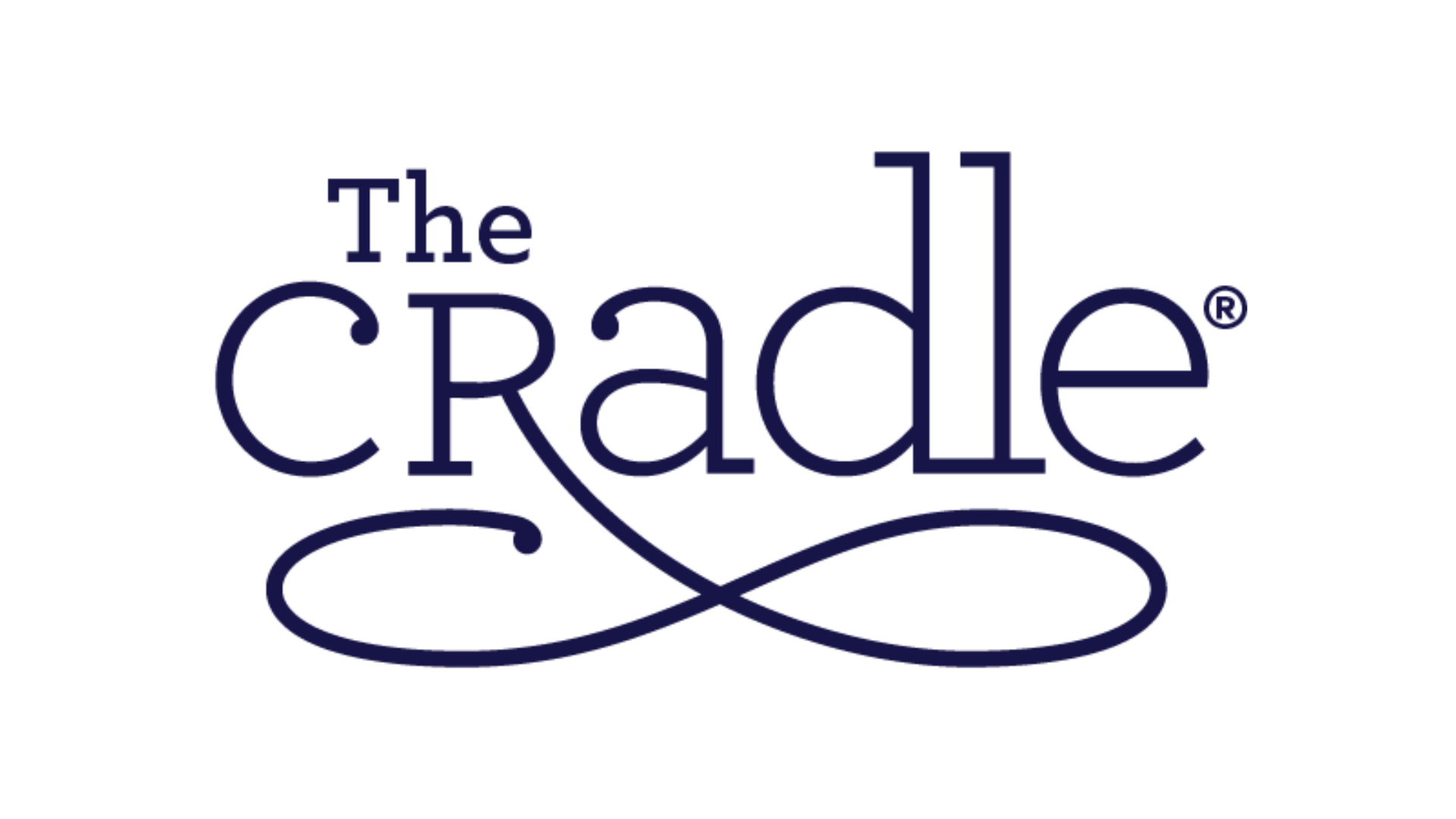Adoption forms a central part of the adopted person’s identity from an early age. Learn about the impact of adoption on childhood development and how you can support your child.
Starting from birth, adoption is a key part of your child’s story and identity — that’s why it’s never too early to discuss their adoption story with them. Being adopted impacts a child’s sense of belonging, self-esteem, safety and security. It is important for parents to listen and be aware of what their children may be experiencing to best support them.
Dori Fujii, Adoptive Parent Counselor and Post-adoption Therapist at The Cradle, discusses age-appropriate ways to share information with adopted children and support positive identity development as they grow older.
How Does Adoption Affect a Child’s Development?
Adoption and identity formation go hand in hand.
“For parents, adoption is typically a joyful event,” Fujii says. “As a society, tend to minimize the losses in adoption and view adoption from the perspective of the adoptive family. But at some point —typically between the ages of five and seven but sometimes earlier — children start to understand that they lost a family in order to get a family.”
All children naturally have questions like, “Who am I? Where did I come from? Who loves me?” However, for adopted children the answers to these questions are more complicated. Sharing your child’s adoption story from an early age assures your child that talking about adoption is okay. This open line of communication creates a solid foundation for answering and navigating these questions as your child gets older and continues to explore their identity and what it means to them to be adopted.
“Because adoption is actually a grown-up concept, parents are basically planting seeds when they talk with their young child about adoption, even before their child is old enough to understand the concept,” Fujii says. “Stories about adoption, whether in the form of story books or Lifebooks, are an ideal way to plant seeds, since stories are way that we teach children about so many things.”
How to Support Your Child
This age group is working on comprehending and mastering the world in which they live. Self-confidence and self-esteem become very important as children develop skills and explore their abilities.
At this age children often start seeking validation through mastery and may base much of their confidence and identity on recognition and comparison with others. “It’s important for all kids, but adopted children especially, to have a sense that they’re good at something,” Fujii says. While parents can provide some of this validation, children may also start to look for validation from their peers, teachers, coaches and other people in their lives.
As children become less dependent on parents and more involved with their peers, they will also start to feel more pressure to “fit in.” This may trigger more complicated questions about their identity, and they will need a more nuanced understanding of their adoption as they explore how it fits into their overall story.
What Your Child May Be Going Through
- Struggling with low self-esteem and feeling insecure
- Wanting more specific details about their birth parents and adoption story
- Feeling different than their peers
- Having difficulty dealing with rules and school structures
What Should You Say to Your Child During This Stage?
- Start sharing a more comprehensive version of your child’s adoption story and give them additional details if they ask. Don’t skip over negative aspects.
- Share information you have about their birth parents in a truthful and positive way.
- Empathize with your child when you lack the information they want to know, and help them safely explore their feelings of uncertainty, disappointment and loss.
- Regularly praise their accomplishments and compliment their skills.
- Give them space to talk openly about feeling different and remind them that they belong.
- Continue to prioritize adoption-related media and spending time with diverse and adoptive families.
- Practice intentional limit-setting, ideally communicated when your child is calm. Talk to school staff to keep them informed.
- Consider whether it’s time to see an adoption-competent therapist.
Creating a Strong Foundation for Adopted Children to Explore Their Identity
Children who are adopted may fear hurting their parents’ feelings and as a result, hesitate to talk with them about birth parents or adoption. However, when parents acknowledge the impact that adoption has on childhood development, parents will be able to listen for their child’s concerns, not take their feelings personally and respond in ways that encourage open, honest communication. Remember that love, patience and open dialogue will go a long way toward helping your child thrive as they explore their identity in the years to come even when you are unsure of what to say.
Young adopted adults who Fujii works with often share the positive impact of their parents’ support when they were children — even if it sometimes made them roll their eyes. “I think kids tend to give their parents some grace,” says Fujii. “They appreciate the effort.”
Whether you need help talking to your child about adoption, working through behavioral issues or exploring a relationship with birth parents, The Cradle is here to help. Our parenting resources and adoption-competent therapy services provide the support you and your family need to navigate adoption’s challenges so you can better celebrate its many rewards. Fill out our online inquiry form or call us at 847-475-5800 to speak with one of our counselors.














